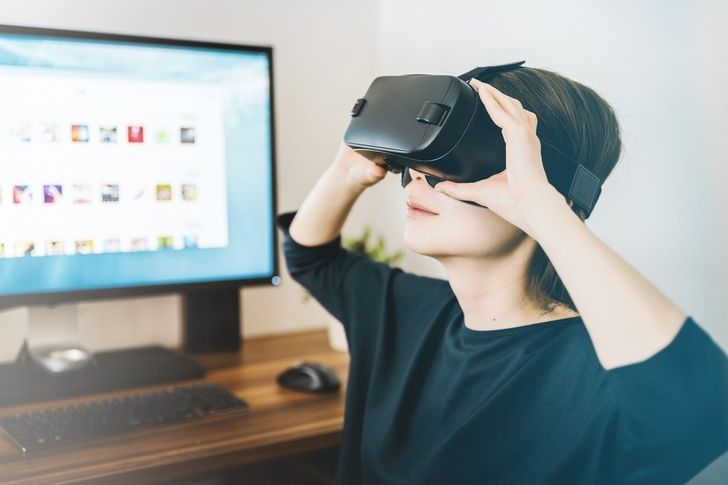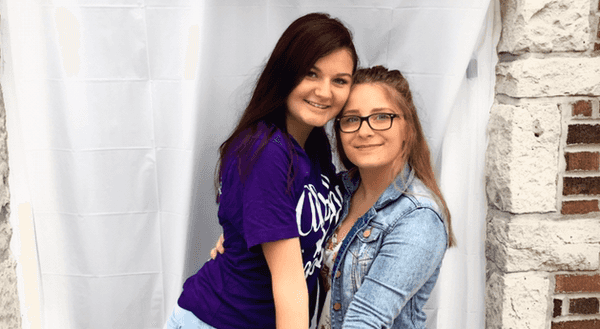What if you could really walk a mile in someone else's shoes? Well, maybe not literally *in* their shoes, but we could be really getting to know about someone and where they live in the world.
Virtual reality (VR) is simultaneously a field that has been the center of current technological development and yet has been explored very little outside of the few fields that have adopted it. Thinking about the first field that comes to mind when mentioning virtual reality, video and PC gaming comes to mind. There are filmmakers and artists who are integrating virtual reality into their work. However, when I asked a virtual reality developer their opinion about the future of VR in filmmaking, their response echoed some of the literature that is available on VR in films. They explained that VR presents opportunities for novel filmmaking, but will not be involved in the mainstream for quite a while.
In Ty Burr's article in the MIT Technology Review, called "Hollywood Has No Idea What to Do with VR," Burr explains that "VR will never become the new cinema." This is agreed on for various reasons, including, the fact that classic films cannot be properly recreated using VR technology and the idea that one would no longer be following a linear storyline, in the sense of a visual linear storyline. Burr ponders, "What is that [different] thing" that VR will become.
Currently, I see the most use for VR video and film as an education tool for students and teachers. I first saw the potential of VR as an educational opportunity when I was introduced to Google Expeditions. The app is here for download and further exploration, but the basic understanding is that Expeditions serves as a "virtual reality teaching tool" which places users anywhere in the world without leaving the physical space that they're in.
I saw the opportunity for students to learn from teachers across the globe, and walk around Paris, Egypt, or Mumbai and learn about the different cities: their politics, culture, geography, and ecosystems. There was also the advantage of students teaching students, maybe taking kids their age through a day in their lives. Speaking to people different from ourselves and learning their different languages, especially for young children, has been shown to increase empathy and curiosity.
There is also the added benefit of reducing the human carbon footprint as students and researchers can explore different parts of the globe without having to go there, themselves. This could be effective for places such as the Galapagos Islands or Antarctica which are environments that are being affected by increased tourism.
Virtual reality is already involved in educational institutions around the country and its working. Cost-effective models are being developed, as explored in this article by The Washington Post, are should be encouraged by districts and teachers to be implemented. There are some arguments against the addition of VR into the education program, including the health and concentration of students, the cost of the tech, and the need to support in-class education by real-life teachers.
Now, I understand all these concerns. I taught for a couple years myself, and I valued the face-to-face time with my students and teaching them in the classroom, instead of using Google Drive and Inbox all the time. But, I'm not encouraging the removal of teachers from our classrooms, at all. What I am suggesting, is providing advanced tools for our teachers so that they can best educate our students. By seeing what a blue whale looks like by 'swimming' next to one, there is a lesser need for just reading information out of a textbook and teachers can focus more on answering questions and fostering that necessary curiosity at a younger age.
We don't know the future of this technology, for sure. However, the options that are opened up by virtual reality tools must be priceless. From personal experience, students can feel stifled and confused if they cannot see what they are being taught, and only receiving theory in a book. I love books, but they can only tell you so much before you have to observe it for yourself. Virtual reality is the first step towards accommodating a new generation of technologically-aware and active students who want to know more because they have access to more content that we have ever before.



















